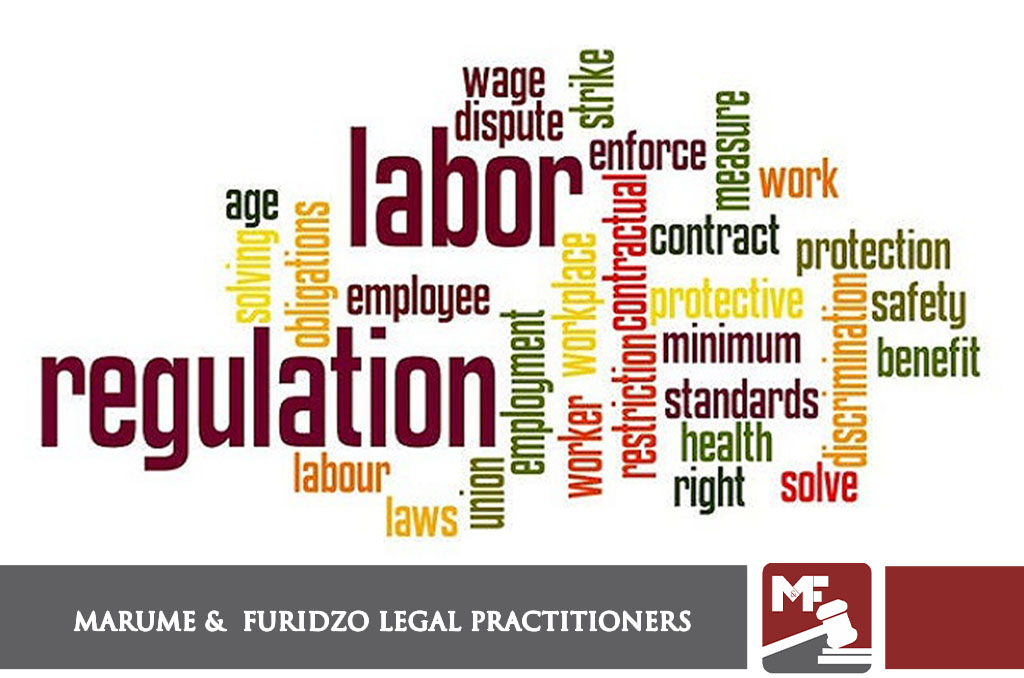Prescription in Zimbabwe is governed by the Prescription Act (Chapter 8:11). The Act refers to two forms of prescription, acquisitive prescription and extinctive prescription. As the title of this article suggests the focus is on extinctive prescription.
Prescription extinguishes a debt after the lapse of the period stated in the Act as applicable. The effect is that the debt cannot be revived. However an agreement by the debtor to pay the debt after it has been extinguished is enforceable and payment by the debtor after the debt has prescribed is deemed to be payment of the debt. The term ‘debt’ is defined by the Act as follows;
“without limiting the meaning of the term, includes anything which may be sued for or claimed by reason of an obligation arising from statute, contract, delict or otherwise”.
The meaning as given in the Act is quite wide and refers to anything which is owed or due, which one person is under an obligation to pay or render to another. It can be money, goods or the performance of an act in general.
In general the period within which a debt expires is three years and the other periods stated in the Act can be looked at as exceptions. For example a debt owed to the State prescribes after six years whereas a debt secured by a mortgage bond and a judgment debt prescribes after thirty years. Further where there is another enactment that provides otherwise, the prescription period provided in that enactment applies. For example, the Labour Act provides that labour disputes prescribe after two years.
The rationale behind the law on prescription is that there should be finality to litigation and that the law should not assist the tardy litigant. If a person has a claim against another they should simply enforce their rights on time.
As a general rule, prescription starts to run as soon as the debt becomes due and in a case where the plea of prescription is raised it is of significance to determine when the debt was due. The completion of prescription may be delayed by a number of factors for example where the creditor is under mental disability. Prescription is mainly interrupted by an express or tacit acknowledgement of liability and the service of any process on the debtor in which the debt is claimed.
The court cannot on its own raise the issue of prescription. It is up to the party who wishes to rely on prescription to raise it properly in the pleadings. The Act provides that prescription can be raised at any stage of the proceedings.
The contents of this article are for general information purposes only and do not constitute our legal or professional advice. We accept no responsibility for any loss or damage of whatsoever nature which may arise from reliance on any of the information published herein.
Copyright © Marume & Furidzo Legal Practitioners 2019




01 Comment
Caroline
Very comprehensive explanation